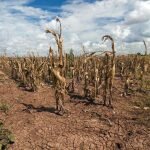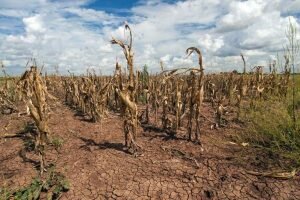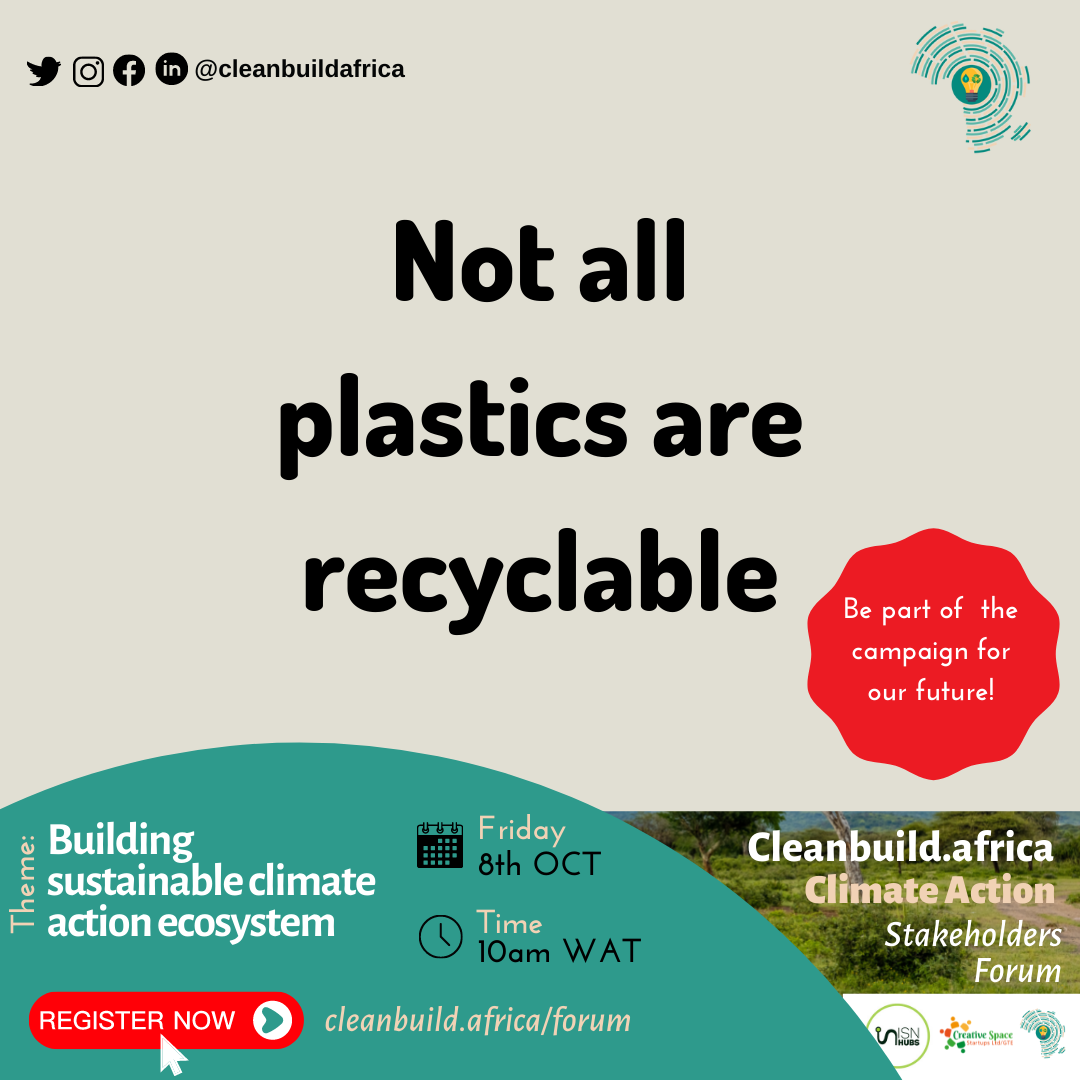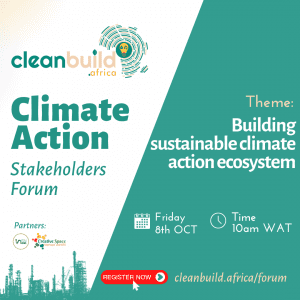Across the globe, the effects of climate change are becoming more devastating with each passing day. As a result, interventions, one of which is education, are being set up to mitigate and adapt to climate change.
Recognizing the importance of education and training to address climate change, the UN Framework Convention on Climate Change, the Paris Agreement, and the associated Action for Climate Empowerment (ACE) agenda urge governments to educate, empower and engage all stakeholders and major groups on policies and actions that address climate change.
To be sure, South Africa is responding to this call. Considered to be a major contributor to greenhouse gases on the African continent, the country is on a move towards a greener economy.
In line with this, Stellenbosch University (SU), a public research university in South Africa, has officially launched its School for Climate Studies – the first of its kind with faculty status in the country.
The School will create a transdisciplinary capacity to combine the climate-related knowledge systems of SU’s faculties, the public sector’s climate policies and initiatives, the private sector’s climate redress and innovation capacities, and the social impact mission of SU in both academic and applied ways.
Also, the School will carry out research, coordinate curricula development, and facilitate postgraduate training, advice, and consultancy as well as technology transfer in the multiple fields of climate studies.
This will see the school engage a network of researchers at SU and other universities, institutions, and organizations in South Africa and abroad in active collaboration on climate studies and their application.
One such collaboration will be with the Global University Alliance on Climate (GUAC), which includes the universities of Oxford and Cambridge, Massachusetts Institute of Technology (MIT), the University of California, Berkeley, and other leading universities across the world. Presently, SU is the only African member of GUAC.
In his welcoming address at the launch, Deputy Minister of Higher Education, Science and Technology Buti Manamela said,
“A recent joint report by the Intergovernmental Science-Policy Platform on Biodiversity and Ecosystem Services (IPBES) and the Intergovernmental Panel on Climate Change (IPCC) emphasizes the need for a new generation of scientists who are not only experts in their fields, but also able to think across multiple disciplines to identify synergies and innovate solutions to climate challenges.”
According to him, the co-dependency and interaction between economies and ecological systems can no longer be denied. “While human ingenuity is infinite, our natural resources are not. Ingenuity is needed now more than ever before to allow vibrant human societies to develop sustainably within a finite resource landscape,” he added.
He also stressed that the new School for Climate Studies would add to the existing excellence and pool of training centers in the increasingly crucial field of climate change and its negative impact on the economy and society.
“Focused studies on climate change are a positive step towards giving this issue the attention it deserves – a move away from dealing with it under the traditional umbrella of environmental studies or science.
Direct benefits of this focused approach are the potential for new knowledge generation, the development of a new generation of well-trained climate scientists and students, as well as increased research outputs, including scientific evidence to support policy development, planning, and general decision making.”
In the same vein, SU Rector and Vice-Chancellor, Prof Wim de Villiers, said establishing the School for Climate Studies would offer society a very urgent and necessary service.
He said, “Sometimes, it seems that we, as South Africans, tend to revert to the notion that only the major economies of the world are big offenders when it comes to our warming planet.”
He believes that South Africa cannot simply sit back and shrug off this mounting humanitarian crisis. Rather, the School for Climate Studies, together with its partners will contribute significantly to research and solutions in fighting climate change.





![MIT opens Solv[ED] Youth Innovation Challenge for young people ($200,000) Solv[ED] Youth Innovation Challenge - cleanbuild](/wp-content/uploads/2021/09/SolvED-Youth-Innovation-Challenge-150x150.jpg)












![MIT opens Solv[ED] Youth Innovation Challenge for young people ($200,000) Solv[ED] Youth Innovation Challenge - cleanbuild](/wp-content/uploads/2021/09/SolvED-Youth-Innovation-Challenge-74x55.jpg)

